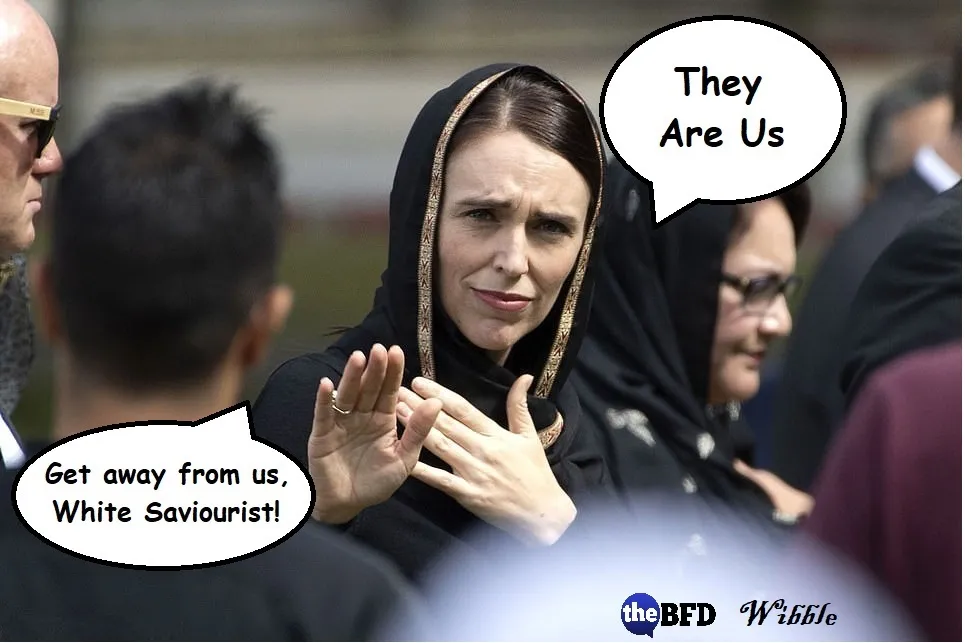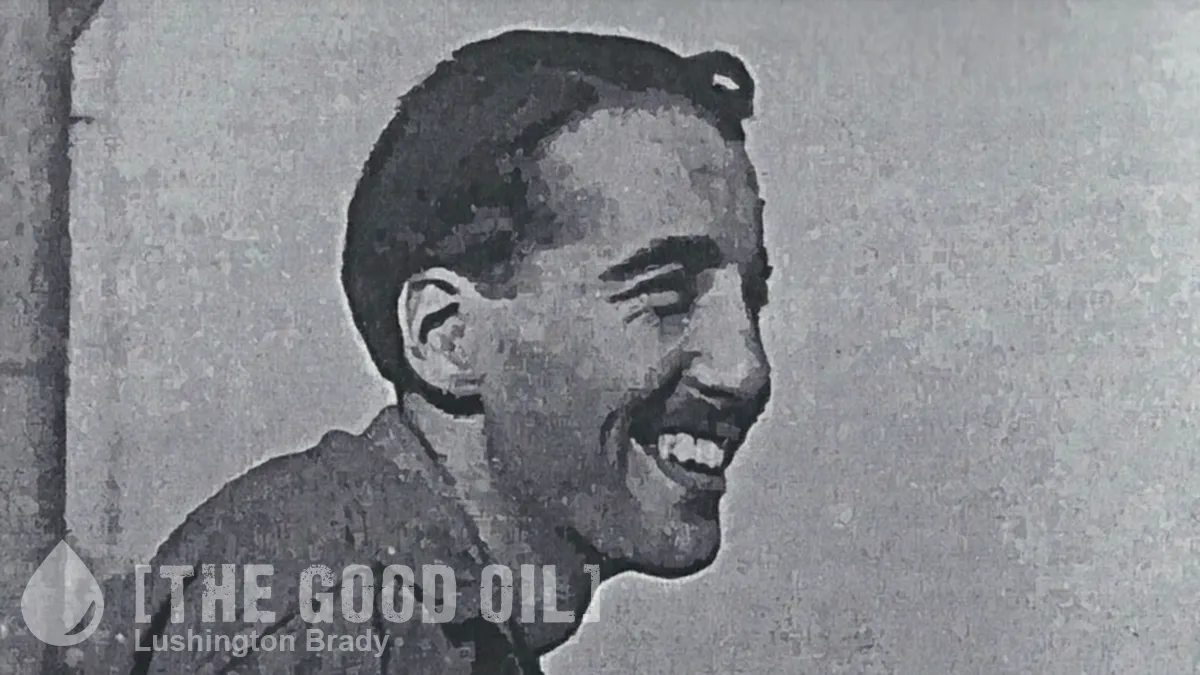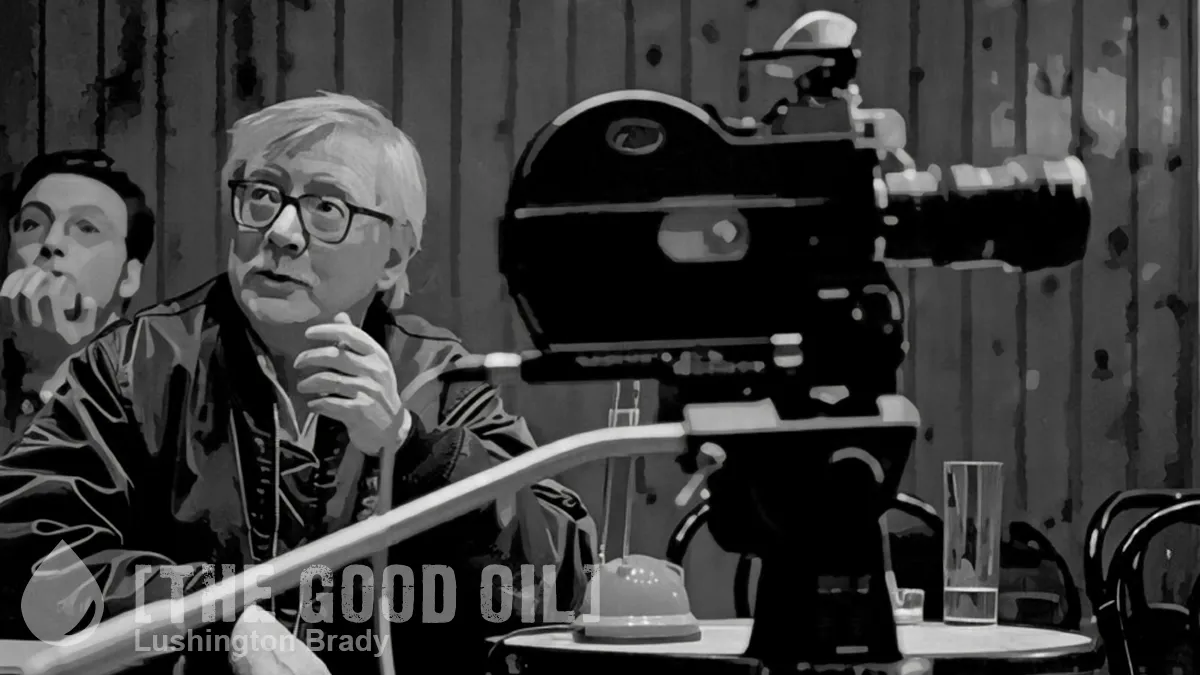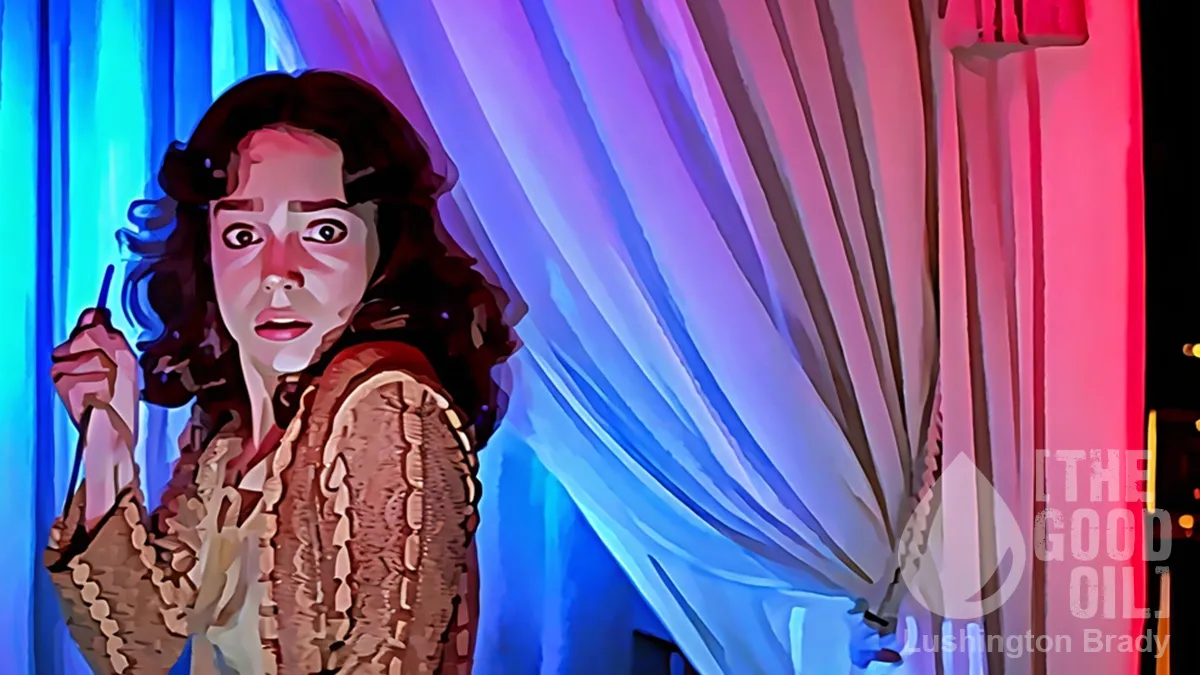Table of Contents
Bryce Edwards
Victoria University of Wellington – Te Herenga Waka
democracyproject.nz
Dr Bryce Edwards is Political Analyst in Residence at Victoria University of Wellington. He is the director of the Democracy Project.
The last week has been full of debate over plans to make a film about the 2019 terrorist attacks on two Christchurch mosques. The vast majority of media coverage has focused on opposition to the film. These criticisms need to be taken seriously.
The Case against the Film
A number of strongly worded and argued cases have been made against the film. The main three complaints are that the film focuses on the wrong subject (because it deals with the aftermath of the tragedy including Prime Minister Jacinda Ardern’s handling of the crisis), the film is being made “too soon” after the horrific day, and the Muslim community in Christchurch has not been consulted.
Yesterday, one of the strongest criticisms was published – that of Mohamed Moustafa, whose father was killed in the terrorist attack. He says that if we focus on Ardern’s leadership of the crisis, which he says was only displaying “basic humanity”, then “we are inadvertently lowering the bar” – see: Terror film a squandered opportunity to ask questions we’ve never had answers to.
Moustafa predicts the film will be a “whitewashed” account “where a false narrative of white saviourism is preached”. He argues the storytellers show “arrogance, entitlement and self-interest”. And since the attack, “Not much has changed in terms of racism and Islamophobia in this country.” He says:
“The truth is that we still have a long way to go in this country before we can even consider telling this story.”
Similarly, journalist and poet Mohamed Hassan condemns the movie project for allegedly choosing Ardern as a focus:
“In its essence, it is a story about an act of white supremacy that is centred around white voices, white feelings and white heroism. The irony is nauseating”
– see: They are not us and it hurts to be props in a Hollywood movie.
He believes that in the aftermath, the “country was being held up as a beacon of tolerance and peace”, with Ardern’s “They are us” phrase being nothing “more than just another tourism slogan”.
One of the organisers of the petition to get the film’s production shut down, Guled Mire, wrote a hard-hitting column, saying:
“They Are Us is another example of lazy filmmaking that seeks to drive the same old narrative [of negativity about Muslims]. It seeks to whitewash the murder of 51 people and the permanent scars left on so many more. What we do not need is for Hollywood to appropriate, rewrite and shove another white saviour narrative down our throats. At the very worst, the film represents torture porn”
– see: We won’t stop until white saviour film shut down.
Mire also asserts that Ardern’s leadership during the terrorism crisis doesn’t warrant attention: “there is nothing to celebrate about the actions of Ardern in the initial days following March 15. She simply did what is required from a leader.” And he criticises Ardern for not opposing the “grotesque” film more strongly. He says he wants to “see the deplatforming of this movie”, and “Ardern’s Government must ensure there will be no opportunity for the creators to access subsidies to develop” it.
Journalist Saziah Bashir is also unhappy that Ardern’s role in the story has received so much attention, and says it doesn’t deserve celebration:
“How can we celebrate this tragedy as something that was ultimately a triumph because someone got a pretty photo of Ardern in a hijab and it inspired some graffiti art and a light show in Dubai?”
See her opinion piece: They are (using) us: ‘How is it okay for others to profit off our pain?’.
Overall, for Bashir the film is “exploitative”, in “bad taste”, and she asks this about the film:
“how can we be certain the violence won’t be glorified?”
A number of political commentators have come out strongly against the film. Newstalk ZB’s Jack Tame says the director, Andrew Niccol, “has actually written or directed two of my all-time favourite films” but in this case “I will not be paying $21 to go to They Are Us” because of the apparent Hollywood-style focus on Ardern – see: They Are Us movie wrong to focus on Jacinda Ardern.
Politicians have also been critical. Most notably, Ardern has said: “There are plenty of stories from March 15 that could be told, but I don’t consider mine to be one of them.” Christchurch Mayor, Lianne Dalziel, says that she’s “outraged” by the project, and film workers will not be welcome in her city. And Green MP Golriz Ghahraman has been tweeting in condemnation of the film, including saying “This is white supremacy” – see Emily Brookes’ Jacinda Ardern on Christchurch mosque attacks film: ‘My story is not the one to be told’.
The petition against the film, organised by the National Islamic Youth Association, now has nearly 73,000 signatures, and can be found here: Shut Down ‘They Are Us’ Movie, which side-lines victims of the March 15th terrorist attack.
Details of the film revealed
A lot of the above accounts are based on certain assumptions about the film and about the production so far, and some of these have turned out not to be true. It appears that many critics have put their trust in a Hollywood media report about the producer’s fundraising attempts. Is it possible critics have jumped the gun by speaking out in condemnation before any real details of the filming are known?
While a full announcement has not been made, a statement was put out late last week by the producers of the film and the Muslim Association of Canterbury which set the record straight – see: Christchurch mosque shooting movie: They Are Us movie producers to meet with more victims. This shows that the film does not intend to focus on Jacinda Ardern, and the Muslim community has, in fact, been consulted about the film, including the Imams of the two mosques in Christchurch.
Producer Ayman Jamal – who has a background in producing films telling Muslim stories – explained that despite allegations Ardern would be the centre of the story, there is no one hero in the film. Instead, he explains the focus:
“Collectively, the New Zealand people from diverse backgrounds showed us – the rest of the world – that together they turned an horrific terrorist attack to unity, love and compassion by sticking together and affirming that they are all one and in this together.”
Furthermore, according to this report, “The synopsis reveals the attacks will be shown – but that the scenes depicted will be the acts of heroism and sacrifice carried out by ordinary people that day.”
This story also reports the Muslim Association of Canterbury acknowledged that producers had spoken with local Imams. Jamal has been quoted saying that over a year ago the production spoke to “Imam Gamal Fouda of Al Noor Mosque and Imam Alabi Lateef Zikrullah of Linwood Mosque and over 20 other victims of the March 15th [2019] attack”, but “At the time the Christchurch Muslim community was going through a lot, and we were engaging only with those families who were ready to share their story with us at that time” – see Emily Brookes’ They Are Us producers consulted Christchurch Imams, but ‘deeply regret’ not doing more.
According to this report, the producers and the Muslim Association of Canterbury plan to continue to work together on the project, and Jamal has expressed his deep regret that more consultations have not yet taken place.
It appears that despite earlier reports that the Muslim community is united in its opposition to the film project, many are in fact supportive, and there are strong differences between the various groups. This is explored further in Emily Brookes’ Mosque attacks film causing division in Muslim community, youth organisation slams ‘performative’ promise for consultation.
This article can be republished under a Creative Commons CC BY-ND 4.0 license. Attributions should include a link to the Democracy Project.
Please share this article so that others can discover The BFD.









